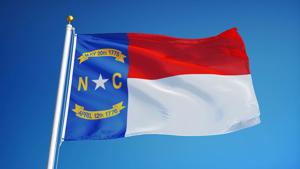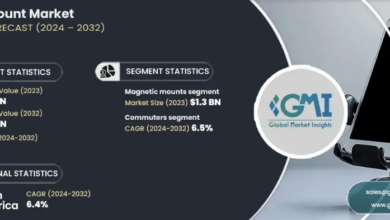Revenue forecast shows $4.1B more than expected ahead of North Carolina budget negotiations

(The Center Square) – North Carolina should collect $4.1 billion more in revenue in fiscal year 2020-21 than expected, according to estimates from fiscal analysts.
A joint revenue forecast released by the Office of State Budget and Management (OSBM) and the General Assembly’s Fiscal Research Division estimates the state will accumulate $27.6 billion in revenue by the end of the fiscal year, which ends June 30. The forecasted increase is 17.6% more than what was predicted the state would have in the May 2020 forecast.
The forecast, which was released last week, helps lawmakers determine how much money North Carolina has to cover expenses. The General Assembly must prepare the state’s spending plan for the next two fiscal years before the end of the current fiscal year.
Gov. Roy Cooper said COVID-19 recovery should be a top priority for the state’s revenue.
“While state revenue is strong, people across our state are still hurting, and we must use these funds to help them recover from this pandemic,” Cooper said in a statement. “We must bring real help to our schools, to small businesses and to people who have lost income and lack health care to ensure our state and entire economy emerge from this pandemic stronger than ever.”
Analysts said an increase in tax collections was fostered by federal aid, more consumer spending on taxable goods and rising business profits.
“The world and economy look significantly different than nine months ago, at the time of the last consensus forecast,” analysts wrote. “While the pandemic produced a rapid, substantial decline in economic activity in 2020 Q2, two waves of federal stimulus provided significant support to the economy.”
Analysts forecast the state will have $55.8 billion in revenue for the next biennium, with $27.4B in fiscal year 2021-22, which starts on July 1, and $28.5 billion in fiscal year 2022-23.
House Speaker Tim Moore, R-Cleveland, attributed the state’s apparent track to fiscal recovery from the pandemic to conservative spending and tax policies.
“People are paying lower taxes in North Carolina and benefitting from a pro-growth approach to the public and private sector,” Moore said. “It is essential our state maintain these successful policies and financial flexibility, to not return to days of higher taxes, wasteful spending and budget deficits that hurt North Carolinians in prior economic crises.”
In addition to drafting a budget for the next two years, the General Assembly must decide how the state would spend $4 billion in federal COVID-19 aid, provided by Congress through the Consolidated Appropriations Act in December. Lawmakers already have allocated $2.2 billion to reopen K-12 schools, for COVID-19 vaccine distribution, rental assistance and to support local governments.
Cooper’s proposal for spending the federal aid calls for also using it for child care and development grants, airport aid, rental assistance, mental health services, highway infrastructure and COVID-19 testing and tracing.
The state also entered the pandemic with money in its reserves. Budget records show the state has more than $4 billion in untouched funding. Cooper’s proposal calls for using $695 million from reserves for bonuses for state employees and teachers, hazard duty pay for frontline state workers, to bolster the state health plan, support small businesses and expand internet access in the state.
Disclaimer: This content is distributed by The Center Square



